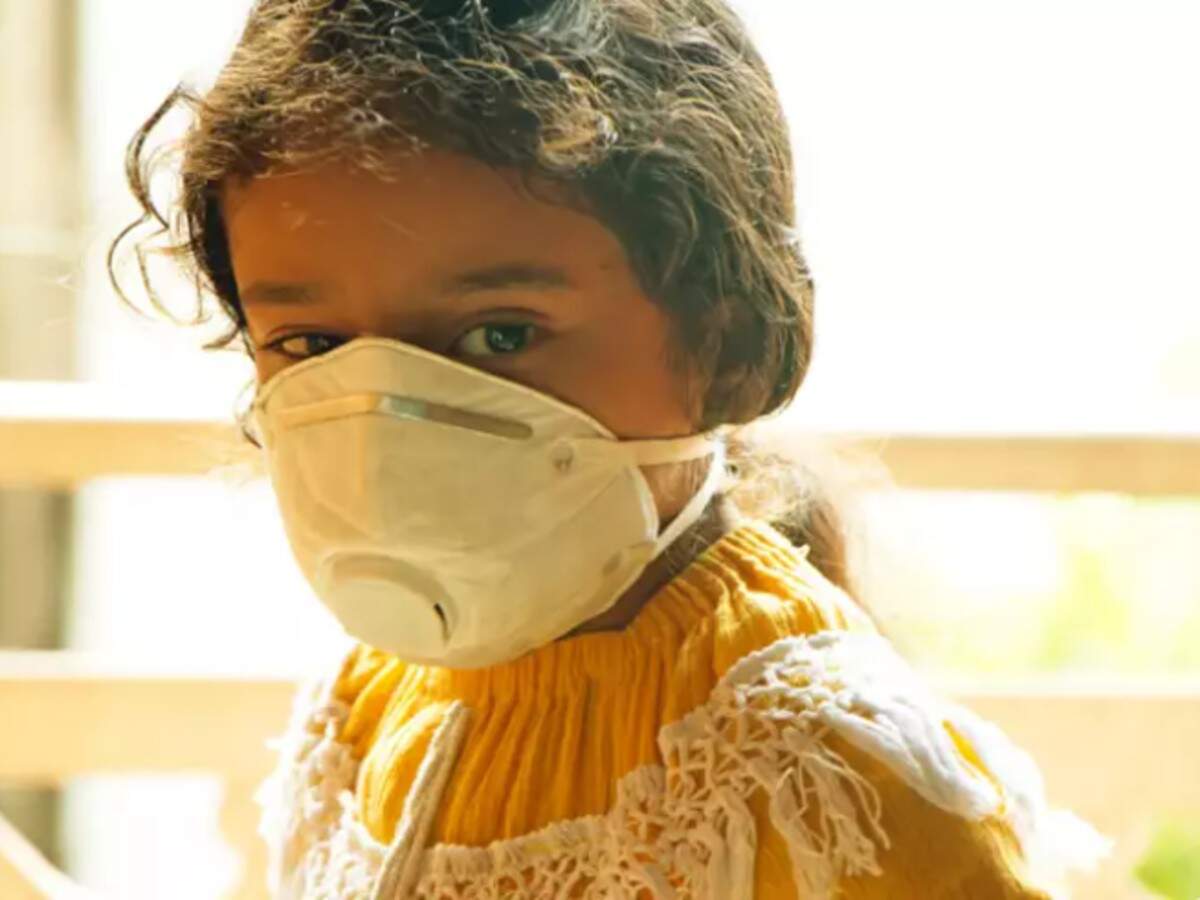- Diagnostics
- 2 min read
Mask sampling can help detect TB in kids: Study
In an interesting finding that could pave the way for simpler and non-invasive ways of detecting tuberculosis (TB) in children, a city-based research organisation has found that the bacteria can be detected from the respiratory aerosols collected on masks.

The study, presented at the virtually held 51st Union World Conference on Thursday, garnered much interest as sampling remains one of the major challenges in detecting paediatric tuberculosis. Obtaining sputum samples from children is often difficult due to which doctors have to rely on more invasive ways like collecting gastric lavage or bronchoalveolar lavage, which involves inserting a tube to collect contents from the stomach and lungs respectively.
The pilot study by FMR was carried out on 10 children who were made to wear N-95 masks containing a gelatin membrane (used to capture airborne microbes) for 10 minutes during which they were asked to read, recite, talk, cough and take tidal breaths 20 times to collect exhaled aerosols in the mask. The researchers then took out the membrane attached to the mask and processed it for isolation of TB RNA and looked for TB specific genes through the quantitative polymerase chain reaction (QT-PCR) test. Children who already had a microbiologically confirmed diagnosis of TB were selected for the study.
“Through mask sampling, we could pick up TB in nine out of 10 samples, hence showing that it could be developed as a reliable approach,” said Kalpana Sriraman, researcher from FMR. Children account for 10% of TB burden, but less than 7% are notified. “There is a huge detection gap owing to limitations in diagnosis,” she added.
Infectious disease expert Dr Tanu Singhal, who treats paediatric tuberculosis cases, said that there was a need for simpler, reliable tests for children that will work in real world settings. “Among newer techniques, stool detection is coming up, but the sensitivity is not as good as gastric lavage or nasopharyngeal. Many centres also rely on induced sputum tests but that needs a negative pressure room,” Dr Singhal said.
However, FMR researchers also found that the Genexpert test that is widely used for TB detection didn’t have much success in picking up the bacteria from mask samples. It could only detect one of the 10 cases, whereas RT-PCR could find TB in nine samples. “But RT-PCR is resource intensive and has scalability issues unlike Genexpert,” said Dr Nerges Mistry, director of FMR, adding that the institute will now work towards making mask sampling more viable for TB detection.



COMMENTS
All Comments
By commenting, you agree to the Prohibited Content Policy
PostBy commenting, you agree to the Prohibited Content Policy
PostFind this Comment Offensive?
Choose your reason below and click on the submit button. This will alert our moderators to take actions